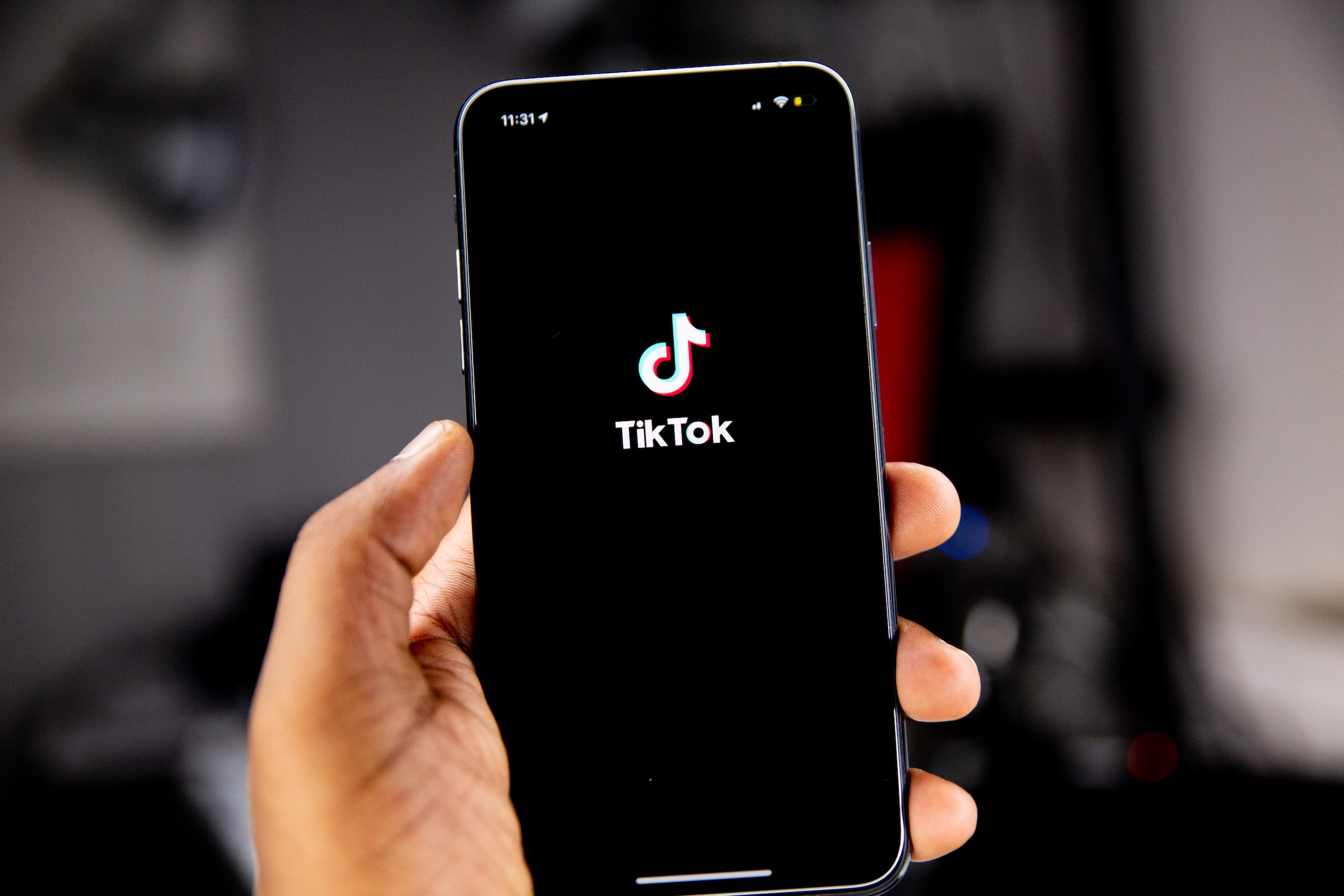
Life&Style Writer Ella Chadwick discusses if TikTok is the end for celebrity culture as its algorithm favours relatable content from ordinary people
In the age of Covid-19, it feels as if the gap between the everyday person and the celebrity is becoming increasingly bigger. Between Ellen DeGeneres complaining that social distancing feels like ‘being in jail’ whilst lounging in her Hollywood mansion, and Gal Gadot’s lacklustre video of celebrities singing John Lennon’s ‘Imagine’ in an attempt to lift spirits; it feels like these celebrities have become out of touch with the socio-economic reality most are living in during the pandemic. So where do you go when you want to find some relatable content?
Apparently, TikTok.
“This promise of relatability is what has made the app so popular
TikTok, formerly know was Musical.ly, promises in it’s tagline to give their users ‘Real people. Real videos.’ And for the most part, this is true. When you visit the ‘For You’ page, the site presents you with a variety of videos with the number of likes varying from 0 to a million. The more you use the app, the more personalised the app becomes to you. This promise of relatability is what has made the app so popular during the Coronavirus lockdown, as the app prioritises videos that are most similar to the interests of the user. The app’s algorithm is designed in such a way that makes the user feel as if anyone could receive their five minutes of fame on the app. However, this all sounds too familiar to the way another video sharing website was previously formatted.
In the past, YouTube used to proudly boast the slogan ‘Broadcast Yourself’ across its website, echoing TikTok’s promise of ‘Real People.’ It was creators that took this slogan in their stride who became the stars of the platform, such as Smosh, Jenna Marbles and Zoella who built their viewership by messing around on camera, similar to how teens use TikTok today. Like TikTok, YouTube capitalised on their big names being relatable to their audience. Inevitably, these creators gained larger followings, turning them into a sort of ‘internet celebrity,’ leading to the pockets of creators to become heavier, and therefore less relatable to their audience of teens. To go along with this unfortunate effect of popularity, YouTube also captured the attention of the mainstream media who also posted videos on the website. Today, it is apparent that the YouTube of old which encouraged anonymous uploaders is long dead, with the website’s recommended page is now dominated by music videos, sports highlights and talk show clips. In short, YouTube has basically become another vehicle for celebrity culture to dominate.
“The TikTok algorithm allows the user to make the application what they want it to be
But will TikTok follow the same fate? Well, it kind of already has. The top TikTok stars have already transcended the typical teens who inhabit the app. In December 2019, TikTok stars Lil Huddy and Thomas Petrou formed the ‘Hype House,’ a Hollywood mansion exclusively for the TikTok elite. The lifestyle of these TikTok creators is a far cry from the lives of regular teens frequenting the app, and is suggestive that residents of the ‘Hype House’ have transcended to the status of internet celebrity. There is also clear evidence that TikTok stars have entered the mainstream, such as Charlie D’Amelio appearing on Jimmy Fallon. In addition, TikTok has an array of mainstream celebrities using the platform, such as Will Smith, Jennifer Lopez and the Jonas Brothers.
“As long as TikTok strikes this equal balance between reality and stardom, it should continue to thrive
Despite this, it must be noted that this is the minority of TikTok users. The ‘For You’ page algorithm allows from some users to never encounter residents of the ‘Hype House.’ Therefore, the TikTok algorithm allows the user to make the application what they want it to be. On any given day, a TikTok user could be shown dance videos, comedy, celebrity videos, political commentary, lip syncing, dog videos, artwork, and more, with varying like and viewer counts. It is this lottery-like aspect that makes TikTok such a popular app, as its unpredictability is what keeps users engaged. The mix of content is what makes TikTok so appealing to many, as it is both relatable, as you can see people like you, but also aspirational as the app can showcase and create celebrity. As long as TikTok strikes this equal balance between reality and stardom, it should continue to thrive.
TikTok is not a threat to celebrity culture, but instead gives another platform for celebrities to gain followings on, and perhaps even gives opportunity to more people to earn stardom. However, it is uncertain how long it will be before upstarts will be marginalised in favour of the money-makers like YouTube before it. TikTok is far from the fall of the celebrity, instead it may be redefining what it means to be one.
Like this? Here are more stories from Life&Style:
Bored in the House: Why People are Turning to TikTok Through Quarantine
Comments